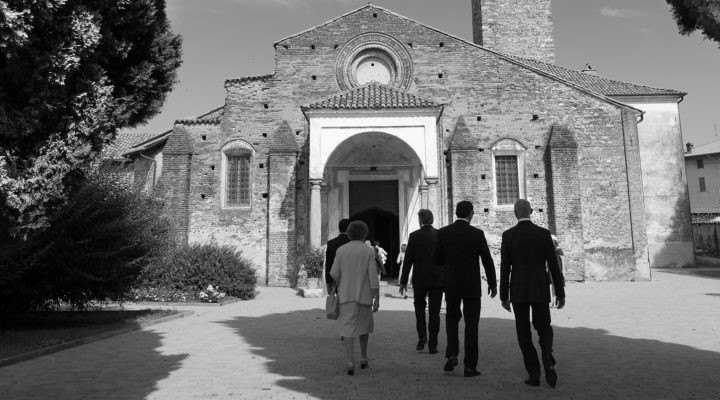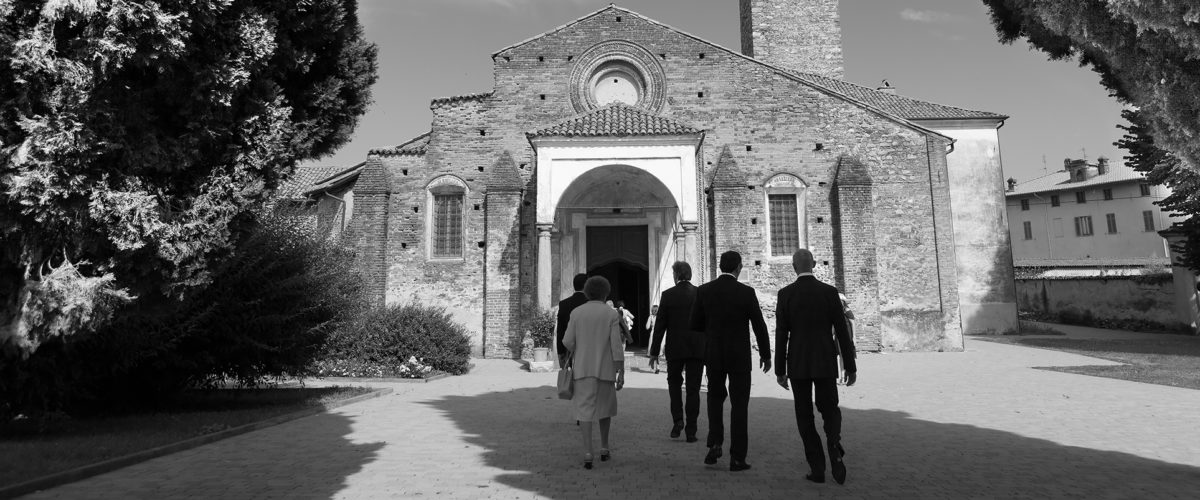It’s a shame when an opportunity is lost. Don’t lose the opportunity that COVID presents. That probably sounds counterintuitive.
What opportunities have presented themselves through this pandemic? Frustration. Yes, frustration is an opportunity. Don’t miss this opportunity because frustration has exhausted you.

Keli Rugenstein
The frantic scramble to learn to livestream a worship service, the steep learning curve, the inability to comfort others in familiar ways, the constant state of vigilance, the pressure from congregations to open early (or not), budgets in a deficit state, unfair expectations of the pastor (you can preach under a canopy and we’ll all sit in our warm cars tuned into a shortwave frequency), and quarantine are but a few of the things that have challenged pastors. Pastors are exhausted. But this is not the time to throw in the towel, because we see the finish line. Now is the time to leverage the frustration to the benefit of the pastor and congregation.
In the pastors’ groups I am talking with, there are a lot of questions popping up that reveal the new frustrations that will emerge as vaccination rates increase and the ability to regather as a body becomes a reality. What if no one comes back to in-person worship? What’s our best option for regathering? Should we continue livestreaming? How will we count people in attendance now?
Now is the time to be using the informal channels of communication in your church. Casual conversation with your kitchen cabinet can serve a number of purposes.
First, it will help you manage the anxiety that will inevitably begin to emerge around the idea of regathering.
“Now is the time to be using the informal channels of communication in your church.”
Next, assess what everyone has learned from this time of separation, experimentation and loss. Are they liking the change in times or number of services? Have they become more familiar with those who worship in the “other” service? Should we continue livestreaming? Why?
Then share your own list of things learned as pastor. Did you enjoy having a lighter Sunday because of the changes? Were your Sundays more busy rather than less busy? Did you work more hours per week to make things happen as they needed to? Have you and/or your congregation come to appreciate some things that they may have taken for granted?
The concern is that everyone will want things to go back to “normal,” and that isn’t necessarily good. Herein lies opportunity.
Explore in conversations what the possible impacts each potential change could have. How might the budget be affected? How will the pastor’s work expectations be affected? How might the mission and vision of the church shift? What has everyone learned about the need for and delivery of pastoral care? Flooding back to in-person activities without planning and pre-processing will become an additional source of frustration for clergy and their congregations.
When is the best time to have an official regathering? If we can regather after June, for instance, what will attendance look like during the summer months? Travel is projected to occur at a phenomenal rate once we are free to vacation outside our backyards as people make up for lost time. Perhaps with a nod to tradition, September will be a better time for the official homecoming — even if re-engaging happened earlier. Having these conversations now will forestall the need for a quickly planned, poorly executed regathering this spring when everyone may not yet be vaccinated.
“Having these conversations now will forestall the need for a quickly planned, poorly executed regathering this spring.”
Finally — and please hear me clearly — most clergy need time off right now more than ever. Clergy need to make the case that they need time off that may not have been previously negotiated. Extra time spent learning or executing technical skills for virtual worship, mental health needs, conflict around changes, and a continual, elevated sense of urgency have clergy much closer to burnout than is typical. Many delayed pastoral moves may happen in a short time. Ongoing, urgent and sudden change (that is reversed yet again) has been a challenge for both clergy and congregation. And each is wishing the other was “more understanding of what we/I am going through.”
Re-engaging and regathering will have an upside and a downside. Pastors, you need a break. Plan one. Don’t put it off. Get it in between holy seasons. Just do it.
To put it all together: Assess the changes for usefulness going forward. Through informal conversations explore and leverage what has been learned. Take feedback from both clergy and congregation. Separate re-engaging from an official regathering. And take a pastoral break. It will benefit everyone.
Keli Rugenstein is a licensed therapist who serves as executive director of the Eastern Door Counseling Center in Syracuse, N.Y. She is a consultant and coach with the Center for Healthy Churches.


